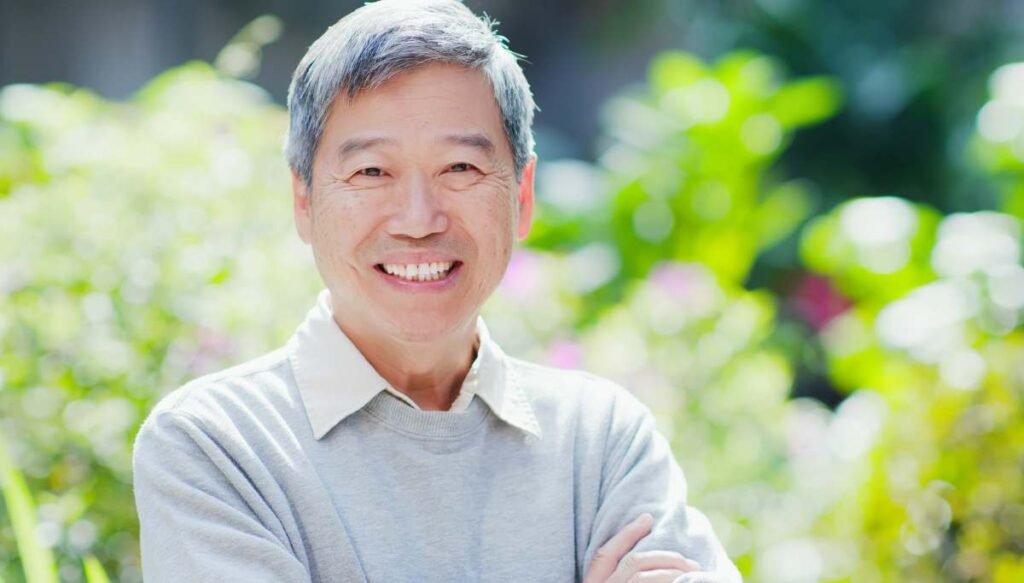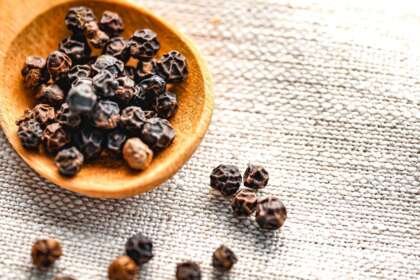As we age, many of us begin to worry about aging. We’re worried about our health deteriorating, losing our independence, and dealing with all the little aches and pains that come with aging.
It seems that the Japanese have figured out how to age gracefully. They have the longest life expectancy and really value their elders. There is definitely some wisdom we can take from them.
The Japanese Diet: Simple, Balanced, and Healthy
One reason Japan has such good aging statistics is their traditional diet. Dr. Naomi Neufeld of UCLA mentions that the Japanese diet focuses on fish, vegetables, rice, and other natural foods. It is low in unhealthy fats and processed foods that can cause diseases.
Some key elements of the Japanese diet include:
- Fish rich in omega-3s like salmon, tuna, and mackerel
- Lots of vegetables like spinach, sweet potatoes, and eggplant
- Fermented foods like miso, natto, and pickled vegetables for gut health
- Green tea packed with antioxidants
- Small portions of lean protein
Dr. Neufeld says eating this way helps keep your energy levels stable, provide you with important nutrients, and keeps your digestion healthy. These things are important for reducing inflammation and staying vibrant as we age.
Japanese Lifestyle: Active, Social, and Purposeful
In addition to what you eat, the general Japanese lifestyle is also great for staying healthy as you age.
According to Dr. Christian Gonzalez, a health and wellness expert, being active, socializing with friends and the community, and having a strong sense of purpose are important aspects of Japanese culture, especially as people age.
Some healthy aging habits seen in Japan include:
- Walking everywhere as primary transportation
- Group exercising like radio calisthenics and gateball (a cross between croquet and bocce)
- Tending gardens, going hiking, and other outdoor pursuits
- Remaining in the workforce longer through jobs or family businesses
- Intergenerational homes keeping elders connected to family
Dr. Gonzalez says staying physically and socially connected is key for older adults to feel valued and keep their minds and bodies active. It is important for maintaining mobility and cognitive function.
Traditional Japanese Values Focused on Respect
Another important piece of the puzzle of aging in Japan is the deep cultural respect and reverence with which the elderly are held.
Tom Wilczewski, an American expatriate living in Osaka, comments, “In Japan, aging is seen as something to celebrate because it represents wisdom gained through life experiences.”
In America, people often see aging as something to be feared, but in Japan, they have a lot of respect for older people, which helps them feel good about themselves and stay connected to others. .
According to Wilczewski, Japanese families devotedly care for their elderly relatives at home, rather than sending them to assisted living facilities as in the United States.
Older people in Japan are really involved in their communities, taking on leadership roles and staying active, which helps boost their self-esteem and keeps them socially connected.
Role of Purpose and Mindset
Many experts are saying that in addition to things like diet and lifestyle, the way Japanese people view aging can be a big help in dealing with the challenges of aging.
Dr. Gonzalez noted that in Japan, it is very common for people to have a strong sense of purpose in life, known as ikigai. This mindset helps them stay motivated and proactive about their health instead of feeling defeated.
Tom Wilczewski also talks about the flexibility of the Japanese, and mentions how they have a “go with the flow” attitude. Instead of focusing on what they have lost with age, they choose to focus on making the best of their current abilities and circumstances. This is a really positive and flexible way of thinking.
On the other hand, in American culture, aging is often viewed as a loss of independence, identity, and social value. This negative outlook can lead to feelings of anxiety and lack of motivation, which can accelerate the process of mental and physical decline.
Bringing Japanese Healthy Aging Wisdom to America

So how can Americans adopt Japanese healthy aging techniques in the best ways for themselves and their loved ones? Experts highlight several major architectures:
Dr. Neufeld recommends a Japanese-style diet with plenty of vegetables, fish, whole grains and fermented foods. Remember to enjoy your meals slowly, in steady and moderate amounts. Try to eliminate processed foods and choose fresh ingredients instead.
According to Dr. Gonzalez, as your population ages, it’s important to stay active, socialize and do things you enjoy, like work, hobbies or being involved in your community. It is really important to keep your mind active and maintain a stable relationship.
Hey, just remember positive wishes and so is your age population, go with the flow. Don’t stress or be negative, it will make you less active. Instead, instead of dwelling on the past, focus on what you can do right now and primarily benefit from it.
Cultural ideology and attitudes may be a fundamental process, but there is no reason why Americans cannot adopt some simple dietary and ethical habits that promote healthy aging.
With an open mind and a virtuous approach, we can all take a page from Japan’s book on aging in beautiful and energetic ways.












